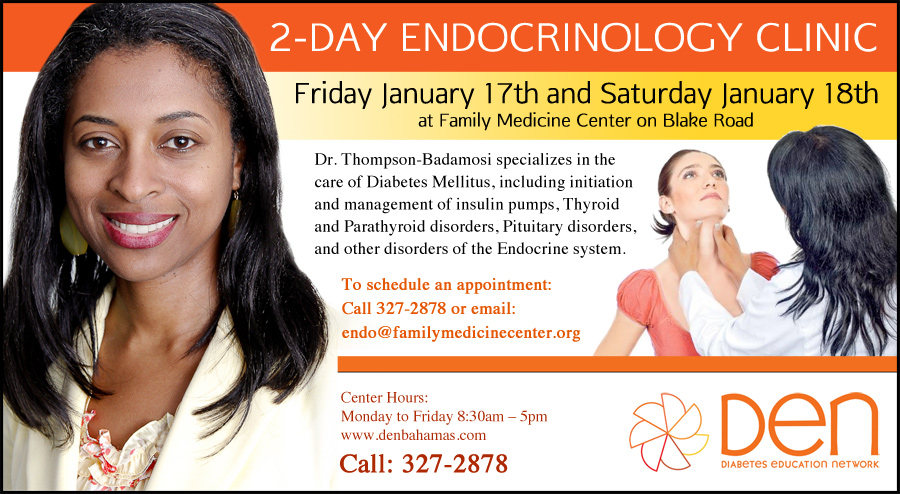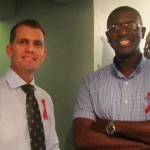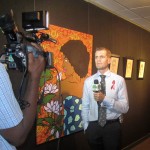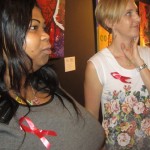
Brighten the holidays by making your health and safety a priority.
Follow these recommended tips for self-care this season. Keep yourself and your loved ones safe and healthy—and ready to enjoy the holidays.
Wash hands often to help prevent the possibility of spreading germs and getting sick. Wash your hands with soap and clean running water for at least 20 seconds.
Wear appropriate outdoor clothing on chilly days: light, warm layers, sweaters or jackets
Manage stress. Give yourself a break if you feel stressed out. Find support, connect socially, and get plenty of sleep.
Don’t drink and drive or let others drink and drive. Whenever anyone drives drunk, they put everyone on the road in danger.
Be smoke-free. Avoid smoking and secondhand smoke. It’s common knowledge that smokers have greater health risks because of their tobacco use, but nonsmokers also are at risk when exposed to tobacco smoke, also referred to as secondhand smoke.
Fasten seat belts while driving or riding in a motor vehicle. Always buckle your children in the car using a child safety seat, booster seat, or seat belt according to their height, weight, and age. Use seat belts on every trip, no matter how short the trip.
Get exams and screenings. Ask your health care provider what exams you need and when to get them. Update your personal and family history.
Get your vaccinations, which help prevent various diseases and save lives. Everyone 6 months and older should get a flu vaccine each year. Vaccination is especially important for people who are at high risk for complications from flu, and for people who live with or care for someone who is at high risk.
Monitor the children. Keep potentially dangerous toys, food, drinks, household items, and other objects out of children’s reach. Dress your children warmly for outdoor activities. Develop family rules on safe behavior—on using electronic media, for instance.
Practice fire safety. Most residential fires occur during the winter months, so don’t leave
space heaters, stoves, or candles unattended. Have an emergency plan and practice it regularly.
Prepare food safely. Remember these simple steps: Wash hands and surfaces often, avoid cross-contamination, and cook foods to proper temperatures and refrigerate them promptly.
Eat healthy, stay active. Eat fruits and vegetables, which pack plenty of nutrients and help lower the risk for certain diseases. Limit your portion sizes and foods high in fat, salt, and sugar. Also, be active for at least 2½ hours a week and help kids and teens be active for at least 1 hour a day.
Be inspired to stay in the spirit of good health
Source: Centers For Disease Control & Prevention



 The Salus Project is dedicated to raising awareness of the AIDS pandemic caused by the spread of HIV infection. Through art we hope to get the public talking about HIV and to remember the importance of raising awareness of HIV all year round.
The Salus Project is dedicated to raising awareness of the AIDS pandemic caused by the spread of HIV infection. Through art we hope to get the public talking about HIV and to remember the importance of raising awareness of HIV all year round.























